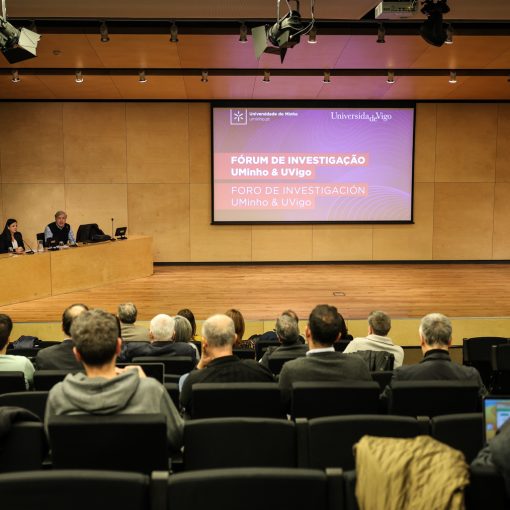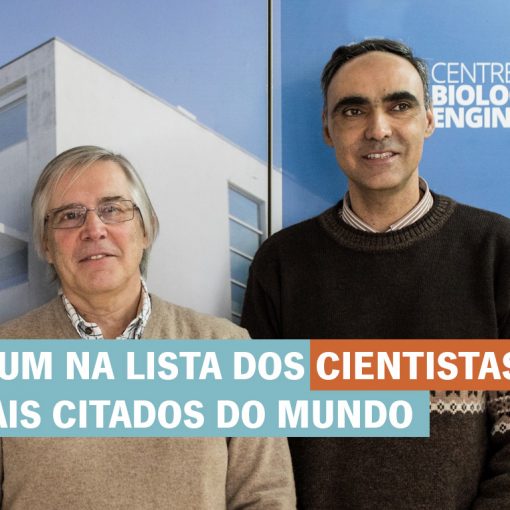What if it were possible to increase the production of biogas, a sustainable energy source, from waste or wastewater? Researchers from the Centre of Biological Engineering (CEB) of the School of Engineering of the University of Minho are studying the effect of different conductive materials – such as activated carbon or carbon nanotubes – to enhance and accelerate the production of methane and thus produce a higher amount of biogas, contributing to reduce dependence on fossil fuels.
The massive use of fossil fuels and the reuse of waste are some of the great current environmental challenges. In this research, the use of conductive materials is being analysed as a strategy to increase the efficiency of anaerobic digestion, a process in which microorganisms degrade organic matter in the absence of oxygen, and produce mainly methane (CH4) and carbon dioxide (CO2). Examples of conductive materials are activated carbon or carbon nanotubes, in which electric charges move freely. These materials, when present in wastewater treatment systems, lead to increased methane production rates. The biogas produced from this organic waste can be reused, enriched with methane (biomethane), and injected into natural gas networks, helping to increase the use of renewable gases.
CEB researchers have already identified materials that accelerate methane production and are being tested in reactors for the treatment of WWTP sludge. These promising results will have a great impact on the efficiency and stability of these processes.
The project is being developed in partnership with the Faculty of Engineering of the University of Porto, with the participation of a professor specialized in electron transfer mechanisms between microbial species from the University of Southern Denmark (SDU) and also with the collaboration of SIMDOURO and Águas do Norte in the supply of real sludge samples.



